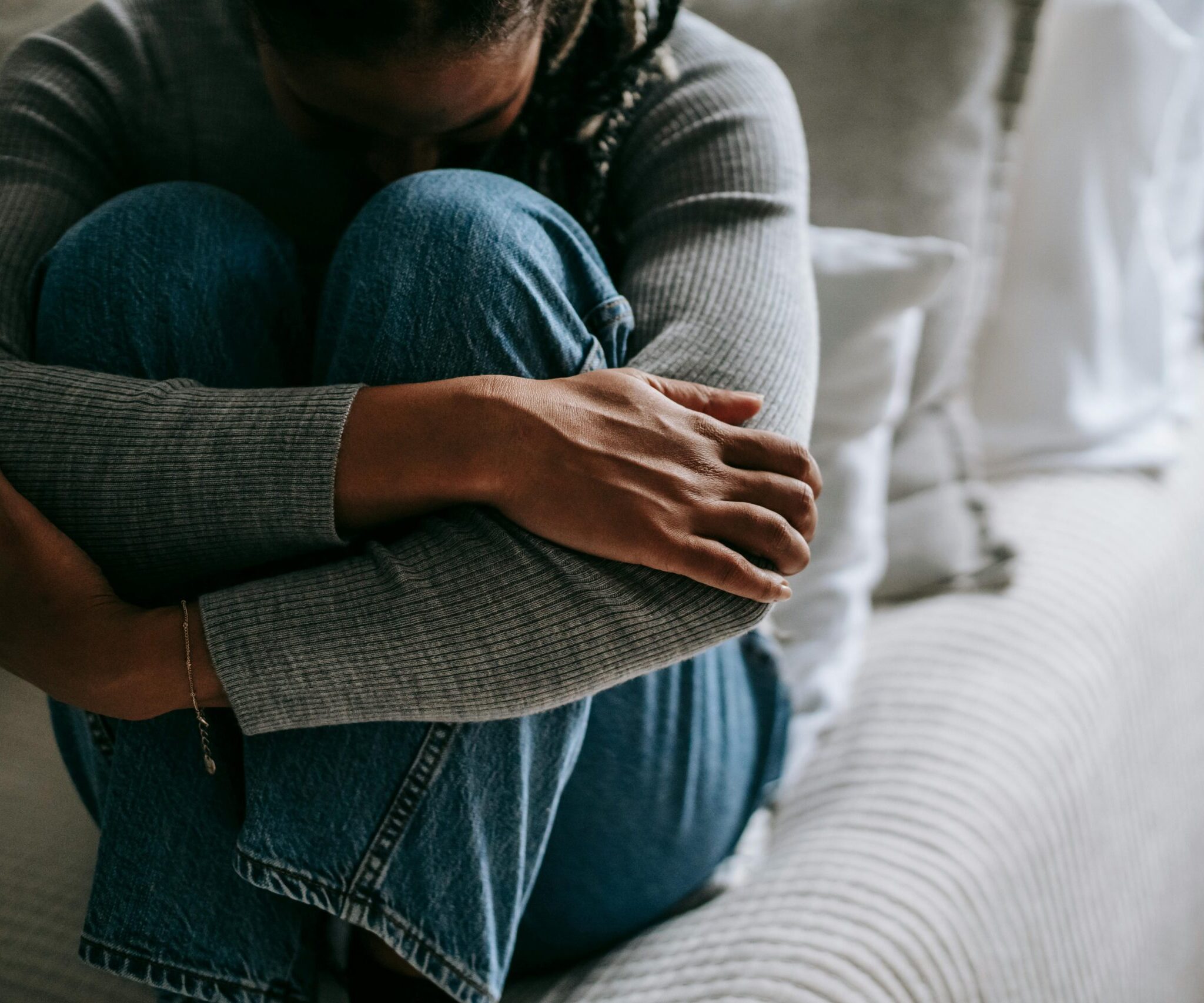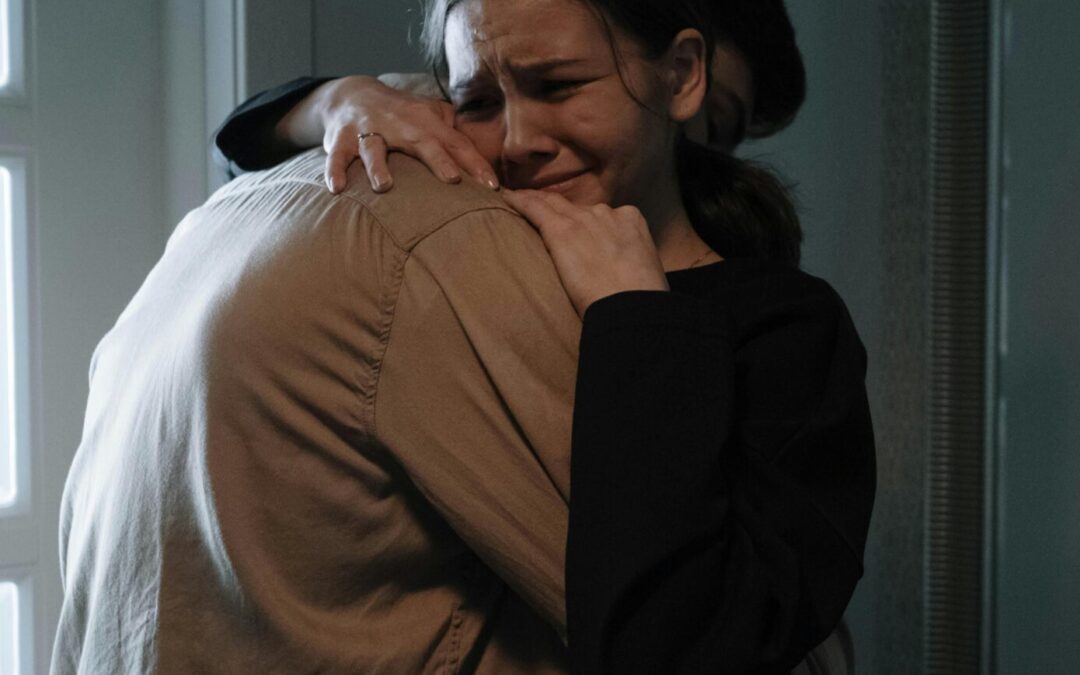our blogs
Current Post

Childrens Mental Health and Suicide
Gia Bagnoli, MSW, LISW
Counselor, Insight Clinical Counseling and Wellness, LLC
This is a topic most don’t want to think about, let alone talk about. However, that may be some of the problem. Not only is it important to acknowledge the problem, but educating yourself on signs and symptoms of poor mental health and suicide risk behaviors can help minimize the loss of life. If you know a child, in any capacity, this post is for you.
The American Foundation for Suicide Prevention reports suicide is currently the 11th leading cause of death in the U.S. The CDC states that suicide is the 3rd leading cause of death in teens aged 15-19. In 2022, there were 49,476 American deaths by suicide. There were also an estimated 1.6 million suicide attempts. A Youth Risk Survey from 2021 showed 10.0% of kids in grades 9-12 admit to at least one suicide attempt within the past year. Females leading at 13% versus boys at 7%. Of these children 3% required care from a doctor or nurse after their suicide attempt. When asked, 1 in 5 high school students report having had serious thoughts of suicide.
An important part of prevention is education and communication. The more educated parents, teachers, coaches, and other adults who come in contact with children and teens, the better we can prevent suffering and potentially death. Suicide is typically the result of an untreated mental health condition. Today’s youth have been heavily altered due to Covid and other environmental factors. We are seeing an increase in social media and screen time, and a decrease in interpersonal relationships. The lack of these relationships feeds the feeling of a child believing they are alone.
It is important to educate yourself on signs of potential mental health concerns that could lead to self harm or suicidal thoughts and behavior. This is a list compiled by Turnbridge, a mental health facility in New Haven, CT.
- Alcohol and drug use
- Withdrawal from family, friends, and community
- Neglect of personal hygiene and appearance
- Changes in sleeping and eating patterns
- Irritability and/or aggressiveness
- Significant volatility in mood
- Sadness and hopelessness
- Feelings of isolation and depression
- Feelings of being trapped, with no way out
- Talking or writing about self-harm, suicide, and/or death
- Impulsive and reckless behavior (i.e. doing dangerous, life-threatening things)
- Purchasing a weapon
- Giving away possessions
- Collecting or saving pills
- Acts of self-harm (e.g. cutting, burning – these are precursors to suicide)
While many of these can seem like typical behavior of a child or teenager, it is important to note when these are changes to the child you know are occurring. At the end of the day, you know your child best, and you are their best advocate. Open communication with your child is the best way to pick up on even the most subtle change in mental health or behavioral issues.
There are also precursors, or risk factors, that increase the likelihood of a mental health disorder, that could lead to self harm or suicidal behaviors…
- Family history of suicide
- Trauma and past experiences with abuse/violence/bullying
- A serious or chronic mental illness
- History of substance abuse
- Intoxication (according to the CDC, 1 in 5 people who die by suicide are drunk on
alcohol) - A recent tragedy or loss
- Chronic and prolonged stress
- Access to firearms
Some of these are things that we can help combat at home. Keeping weapons and medications locked and secure, open communication, and constant support. Others are when you may need the help and support of a medical professional. It can feel scary and the stigma still remains, but choosing and accepting help from a professional to provide safety for your child is never a negative. I also believe it is important to add that counseling for the adults in the child’s life can be just as beneficial. Parenting a child with mental health struggles can be heartbreaking, and having an outlet for yourself is so important. It is also a great way to process ways to help your child at home and model healthy coping mechanisms in your day to day life.
As a parent myself, I know we all want to believe that “it will never happen to me,” but that is a false sense of security. We never want to think that it could be us, because the thought of it alone is debilitating. However, this is the importance of being proactive with our children’s mental health and their ability to express themselves, their emotions, and feel as though they have safe people to confide in.
NAMI, The National Alliance on Mental Health has compiled crisis resources if you or someone you know is in a mental health crisis:
- Call or text 988 immediately
- Chat the Suicide & Crisis Lifeline at 988lifeline.org without needing to talk on the phone
- Text NAMI to 741-741 to be connected to a free, trained crisis counselor on the Crisis Text Line
- In an emergency situation, default to 911
As always, you can contact Insight Clinical Counseling and Wellness to speak with our intake coordinators at 330-397-6007 to be matched with a trained therapist who specializes in you, or your child’s needs.
For more information on services we provide and our staff directory.
www.insightclinicalcounseling.com.
Latest Posts

Coercive Control: The Hidden Domestic Violence
When most people hear about intimate partner violence (IPV), thoughts of physical abuse usually come to mind. However, another insidious form of abuse, coercive control, is often overlooked since the scars are not always visible. Some coercive controllers are physically violent, while others are not.

You Don’t Have to be a Monk to ‘Meditate’
So many of my clients have shared with me that meditation (mindfulness) coping skills ‘Don’t work for me!’ or ‘They make my anxiety worse!’ or ‘I could never sit and think about nothing!’ Maybe you can relate? For most of us, when we think of meditating, we think of a monk sitting cross legged on the floor experiencing a state of quiet and focus. Honestly, that’s what comes to my mind too.

Secondary Infertility
Two years after our first child, my husband and I felt we were ready to add another to our family. Little did we know the second time around would be a very different experience. Long before trying for our second child, I recall having read an article about secondary infertility. It stuck with me, even though it wasn’t my reality yet. Secondary infertility is the inability to conceive or carry a baby to term after previously giving birth.
Our Locations
Request Appointment
Contact

Copyright © 2025 Insight Clinical Counseling & Wellness, LLC. All Rights Reserved.

Our Locations
follow us
Instagram
Facebook
LinkedIn
